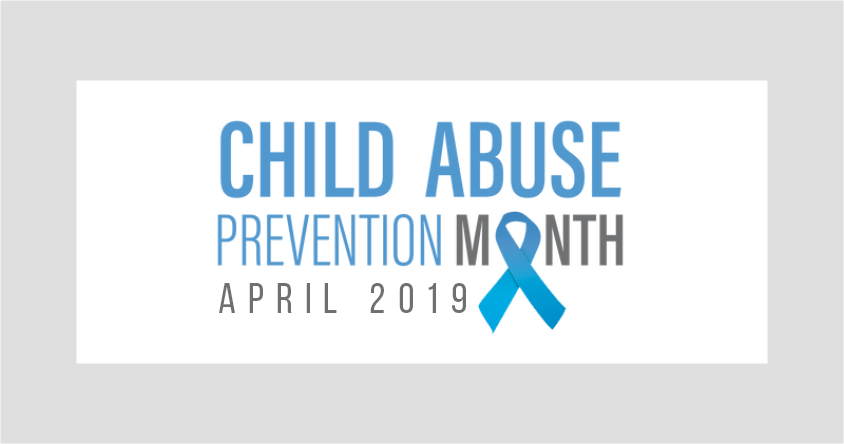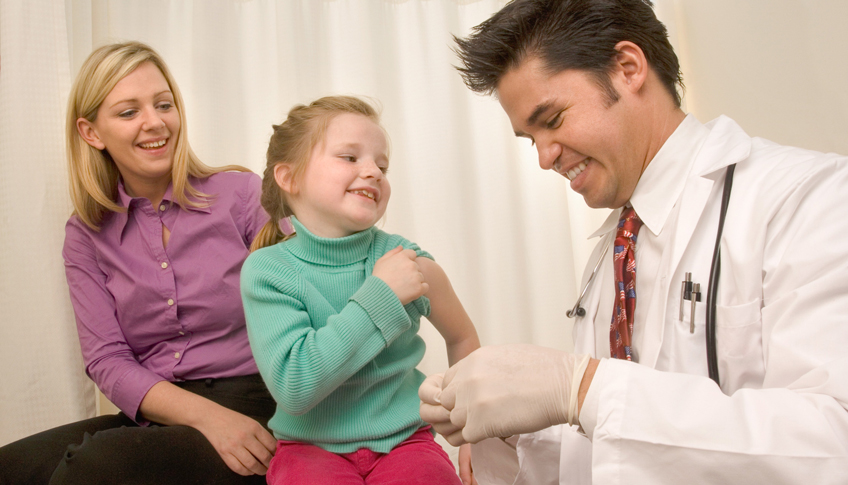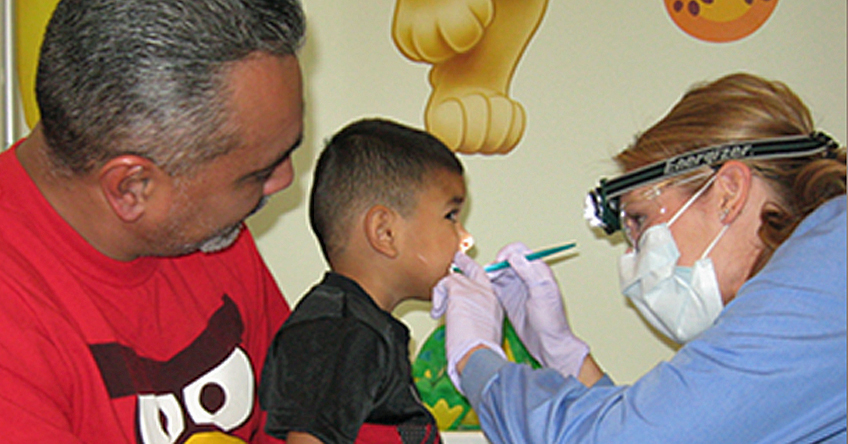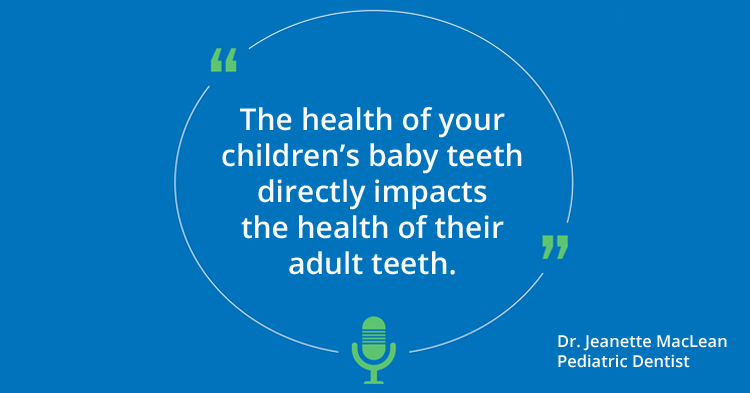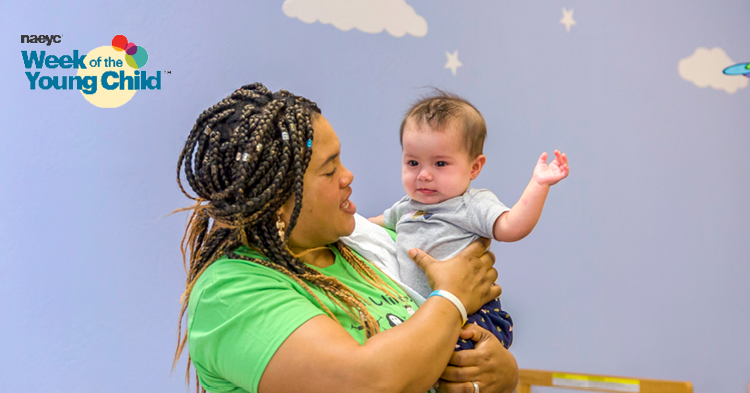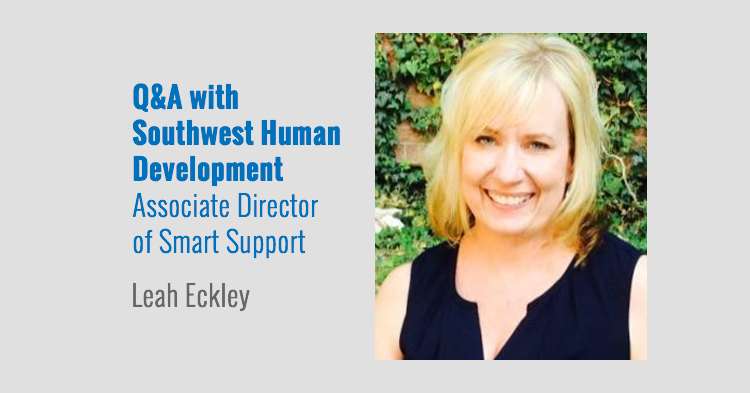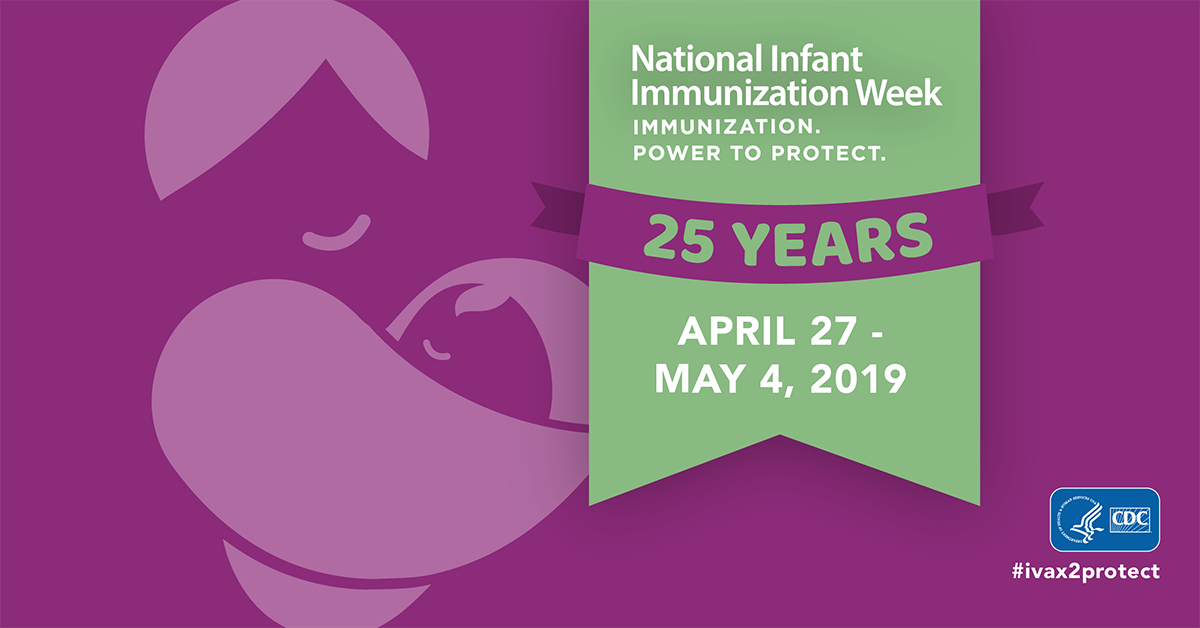
For 25 years, the Centers for Disease Control and Prevention has reserved the last week of April to promote the annual observance of National Infant Immunization Week. The week is meant to highlight the importance of protecting infants from vaccine-preventable diseases and to celebrate the achievements of immunization programs in promoting healthy communities throughout the United States. This year it will be celebrated April 27-May 4.
Raising awareness about the importance of vaccinating young children comes at a time when the number of measles cases continues to rise nationwide. In March, a 1-year-old child in Pima County was diagnosed with measles, according to the Pima County Health Department and Arizona Department of Health Services.
So far in 2019, more than 600 cases of measles have been confirmed in 22 states, including the one in Arizona, according to the CDC. In 2015, Arizona was affected by a large (147 cases), multi-state measles outbreak linked to Disneyland. Among those who became sick with measles in that outbreak were babies too young to be vaccinated.
Early this year, Arizona Department of Health Services Director Dr. Cara Christ wrote in a blog post on the ADHS website that “the majority of parents in Arizona vaccinate their children, but vaccine coverage is eroding. In the 2017-2018 school year, 5.4% of kindergartners and 6th graders were missing one or more vaccinations. This puts those children, and those around them who can’t be vaccinated due to age or medical conditions, at significant risk of illness from vaccine-preventable diseases like measles, whooping cough, and mumps.”
Every year, according to the ADHS, more than 85,000 children are born in Arizona, and all must be immunized against childhood diseases to protect their health and future. The state’s 2020 Healthy People goal is to have 80% of all children receiving the recommended doses of DTaP, polio, MMR, Hib, HepB, varicella and PCV vaccines (4:3:1:3:3:1:4) by age 19-35 months. As of September 2016, the U.S. National Data Immunization Coverage is 74.1%; Arizona is at 66.7%.
According to the American Academy of Pediatrics, the recommended age for the first dose of measles, mumps, and rubella (MMR) vaccine is 12 to 15 months of age. If you live in a community experiencing an outbreak, or if you travel internationally, your baby may be vaccinated as early as 6 months of age. Talk with your pediatrician if this applies to you.
Babies who get one dose of MMR vaccine before their first birthday should get two more doses (one dose at 12 through 15 months of age and another dose at least 28 days later).
Why Immunize?
Most parents choose the safe, proven protection of vaccines. Giving babies the recommended vaccinations by age two is the best way to protect them from 14 serious childhood diseases, like whooping cough, measles and hepatitis B. Many studies have shown that vaccines are safe and protect your child and the children around them. Parents are encouraged to talk to their child’s doctor to ensure that their baby is up-to-date on vaccinations.
Visit the Centers for Disease Control and Prevention to learn about how vaccines prevent diseases. More information is also available from The Arizona Partnership for Immunizations.


